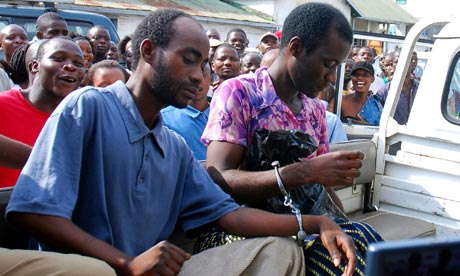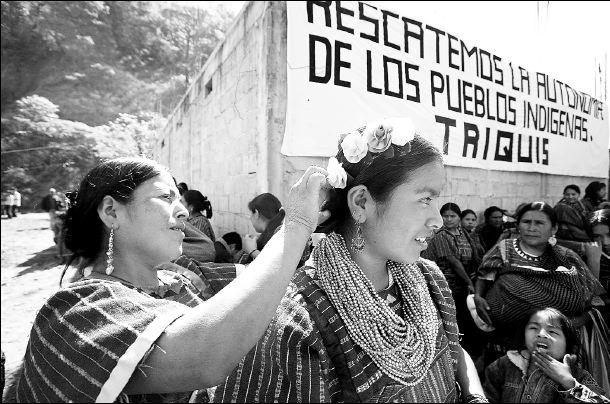By Warren Popp,
Impunity Watch Reporter, Middle East

KUWAIT CITY, Kuwait – As Kuwait maintains the detention of the prominent Kuwaiti journalist-blogger, Mohammad Abdel Qader al-Jasem, domestic and international pressure for his release have grown. These pressures include condemnation and calls for al-Jasem’s immediate release by human rights groups such as Amnesty International, Human Rights Watch (HRW), and Reporters Without Borders, along with protests by hundreds of Kuwaiti legislators, former members of parliament, and political and rights activists. The government has also drawn condemnation for its decision to ban media coverage of his case.
Originally sentenced in April to six months in prison on charges of slandering the prime minister of Kuwait, HRW reports that al-Jasim now faces charges of “instigating to overthrow the regime,” “slight to the personage of the amir [the ruler of Kuwait],” and “instigating to dismantle the foundations of Kuwaiti society.” These charges are based on posting on his blog over the past 5 years that are critical of the government and public officials, as well as three books on politics in Kuwait.
According to HRW, al-Jasem has been the object of more than 20 formal complaints throughout his career in relation to his writings and statements, including “remarks he made at a private gathering in the house of a member of parliament at which he allegedly questioned the prime minister’s fitness for office and called for his removal”—the source of the main allegations against him in his April trial.
Al-Jasem has now been detained for more than the 21 day maximum that is allowed under Kuwait’s criminal procedure laws for pre-trial detentions without an extension by a court order. The Court did order that Al-Jasem, who reportedly is in ill-health, to be examined by a medical commission.
Kuwait’s spokesman and Communications Minister, Mohammad al-Baseeri, stated,
“Jassem is now in the hands of the judiciary and we trust its justice and we do not accept any external interference.”
Human Rights Watch has reviewed some of the articles that allegedly were written to incite violence and “instigat[e] the overthrow of the regime”, and found that they are simply criticism of public officials.
For more information, please see:
AFP – Rights Body Urges Kuwait to Stop Prosecuting Writer – 8 June 2010
Arab Times – Court Shuns Demands to Call PM, Hire New Lawyer – 7 June 2010
Gulf Daily News – Hundreds Rally to Free Writer – 11 June 2010
Human Rights Watch – Kuwait: End Persecution of Journalist-Blogger – 7 June 2010
Kuwait Times – ‘Legal Amendments Needed to Prevent Recurrence of Incident’ – 20 May 2010
Reporters Without Borders – Mohammed Abdel Qader al Jassem has Detention Extended – 7 June 2010


